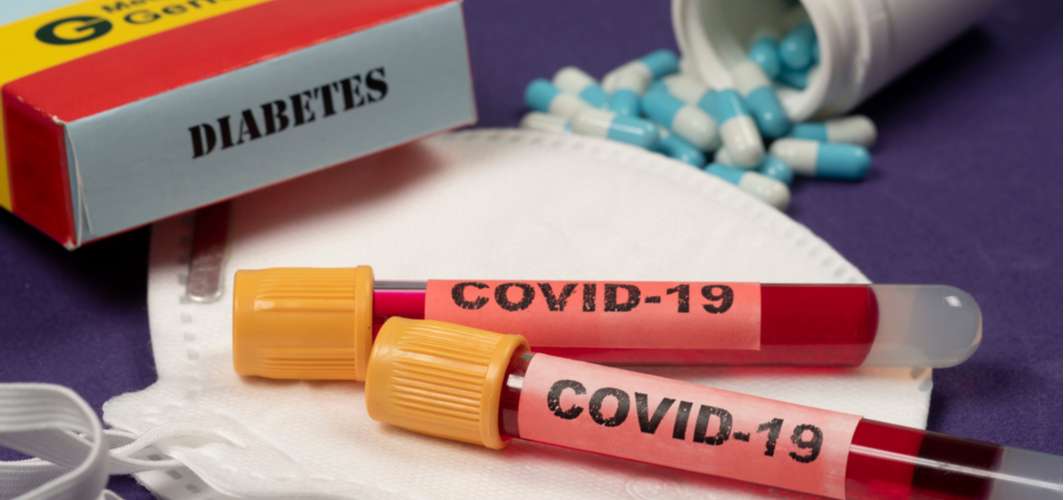Diabetes Management
Eating Out in Festivals: Tips for a Healthier Dining Experience
1 min read

You can enjoy dining out in restaurants even if you have diabetes. However, it is essential to be conscious while indulging in culinary delights. Here are some tips for you to navigate dining out in diabetes:
- Plan Beforehand
Reviewing the menu before heading to the restaurant is always a good idea. This would allow you to choose dishes that align with your dietary needs.
- Watch Portions
Servings in restaurants are often larger than what you eat at home. Hence, it is important to share a dish with a dining companion or request to get a portion packed for later.
- Choose Wisely
Opt for lean proteins and select dishes that feature vegetables. Avoid fried or heavily sauced items.
- Control Carbohydrates
Be cautious of carbohydrate-rich options. Request whole grains, if available, and ask for substitutions like extra veggies instead of rice or potatoes.
- Dressings and Sauces on the Side
Request salad dressings, sauces, and condiments on the side. This way, you can control the amount you use.
- Monitor Beverages
Sugary drinks can significantly impact blood sugar levels. Choose water, unsweetened tea, or diet beverages instead.
- Be Mindful of Desserts
If you'd like dessert, share it with others at your table, or choose a small, lower-sugar option.
- Communicate Clearly
Don't hesitate to inform the restaurant representative about your dietary restrictions due to diabetes. They can often provide helpful suggestions and accommodate your needs.
- Stay Consistent
Try to stick to your regular eating schedule as closely as possible. Consistency in meal timing can help maintain stable blood sugar levels.
Conclusion
Remember, dining out with diabetes doesn't mean you can’t indulge in cheat meals. By making informed choices and being mindful of your dietary needs, you can enjoy your dining experience while managing your blood sugar levels effectively.
Diabetes Management
Consult Top Diabetologists
View AllLeave Comment
Recommended for you

Diabetes Management
Diabetes and Dry Eyes: Is there a Connection?

Diabetes Management
Why is Controlling Diabetes Even More Important During the COVID-19 Pandemic?
The Coronavirus can infect anybody in the community, but the elderly and people with underlying conditions such as diabetes, heart conditions, lung disease, etc. are likely to be most severely ill if they contract the virus.

Diabetes Management
Acidosis: Types, Causes, Symptoms and Treatments
Excess acid can get accumulated in the blood, resulting in acidosis and if not treated, can result in shock, organ damage, and fatal outcomes.
Subscribe
Sign up for our free Health Library Daily Newsletter
Get doctor-approved health tips, news, and more.
Visual Stories

8 Fruits That are Incredibly Healthy for Diabetes
Tap to continue exploring
Recommended for you

Diabetes Management
Diabetes and Dry Eyes: Is there a Connection?

Diabetes Management
Why is Controlling Diabetes Even More Important During the COVID-19 Pandemic?
The Coronavirus can infect anybody in the community, but the elderly and people with underlying conditions such as diabetes, heart conditions, lung disease, etc. are likely to be most severely ill if they contract the virus.

Diabetes Management
Acidosis: Types, Causes, Symptoms and Treatments
Excess acid can get accumulated in the blood, resulting in acidosis and if not treated, can result in shock, organ damage, and fatal outcomes.